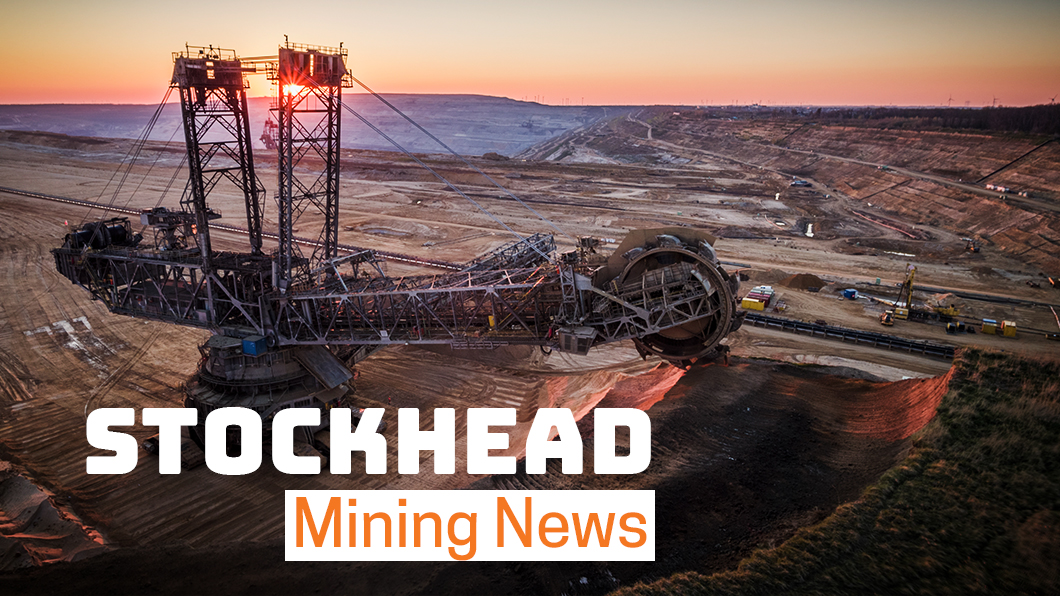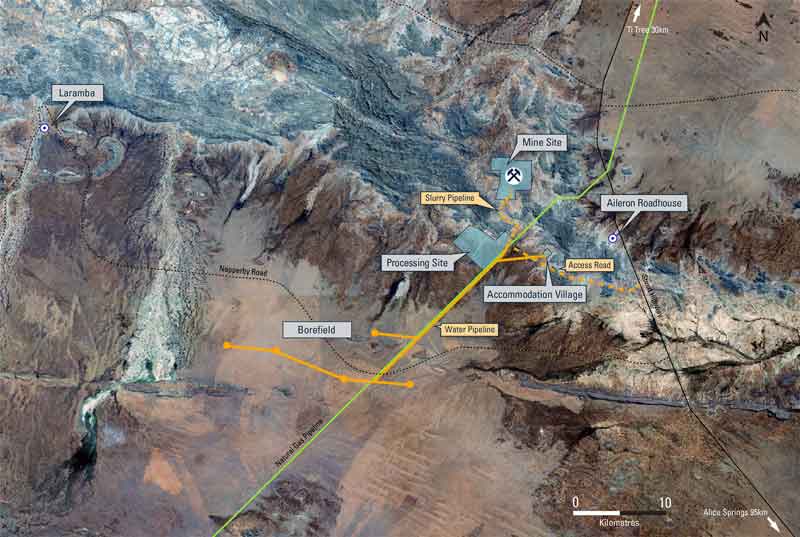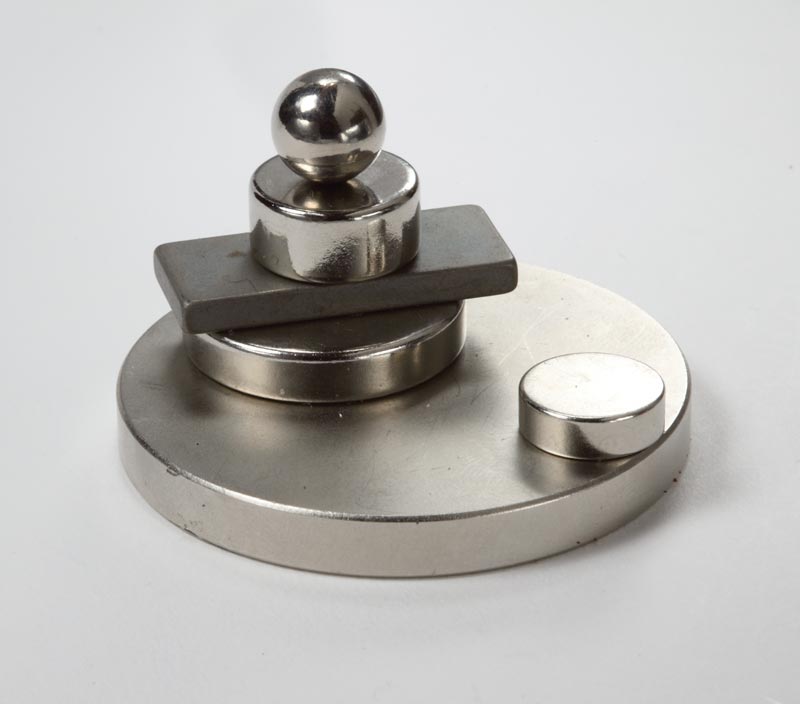Arafura signs first deal with top tier magnet manufacturer

Pic: Schroptschop / E+ via Getty Images
Special Report: Near term rare earths producer Arafura Resources has signed an agreement to supply a top Chinese magnet manufacturer with a quarter of forecast neodymium and praseodymium (NdPr) output from its Nolans project.
The non-binding, long term agreement is with JingCi Material Science, a Beijing-headquartered Tier 1 Chinese manufacturer which produces Neodymium Iron Boron (NdFeB) permanent magnets for global automotive, wind energy, consumer electronics, and industrial motor companies.
Arafura (ASX:ARU) would supply up to 900 tonnes per annum of NdPr oxide — a quarter of Nolans forecast annual output of 3600 tonnes.
The agreement also contains provisions whereby JingCi could help Arafura in project financing — potentially through the introduction of original equipment manufacturers to the process.
Arafura Managing Director Gavin Lockyer said the company looked forward to working with JingCi to negotiate a final offtake agreement.
“This is an important step in the company’s efforts to arrange financing for the Nolans project and is the result of a lot of hard work by our team,” he said.
The company is negotiating offtake agreements for rest of its NdPr production — as well as for other rare earth products and phosphoric acid — and will inform the market on its progress.
>> Find out more about Arafura Resources

Arafura will, in the next few years, become a long-term, secure supplier of NdPr from its Nolans project in the Northern Territory.
The Measured and Indicated resources base of the project has the potential to support mining and processing operations for at least 30 years.
Magnetic energy
China is already the world’s dominant NdFeB magnets producer and demand for NdPr is expected to grow at 8 per cent each year to 2025 from the current global consumption of 33,340 tonnes.

Prices have been rising since mid-2016 as China began consolidating its industry but longer term they’re expected to keep ticking up on demand from EVs, clean energy applications, and in industrial automation.
While traditional petrol or diesel combustion engine motor vehicles each use about 700 grams of NdPr, electric or hybrid vehicles require an extra kilo.
NdPr is also a key component of the large permanent magnets in wind turbine generators, where up to 150 kilograms of NdPr is used per megawatt of installed capacity.
Arafura Resources is a Stockhead advertiser.
This advice has been prepared without taking into account your objectives, financial situation or needs. You should, therefore, consider the appropriateness of the advice, in light of your own objectives, financial situation or needs, before acting on the advice. If this advice relates to the acquisition, or possible acquisition, of a particular financial product, the recipient should obtain a disclosure document, a Product Disclosure Statement or an offer document (PDS) relating to the product and consider the PDS before making any decision about whether to acquire the product.
UNLOCK INSIGHTS
Discover the untold stories of emerging ASX stocks.
Daily news and expert analysis, it's free to subscribe.
By proceeding, you confirm you understand that we handle personal information in accordance with our Privacy Policy.








